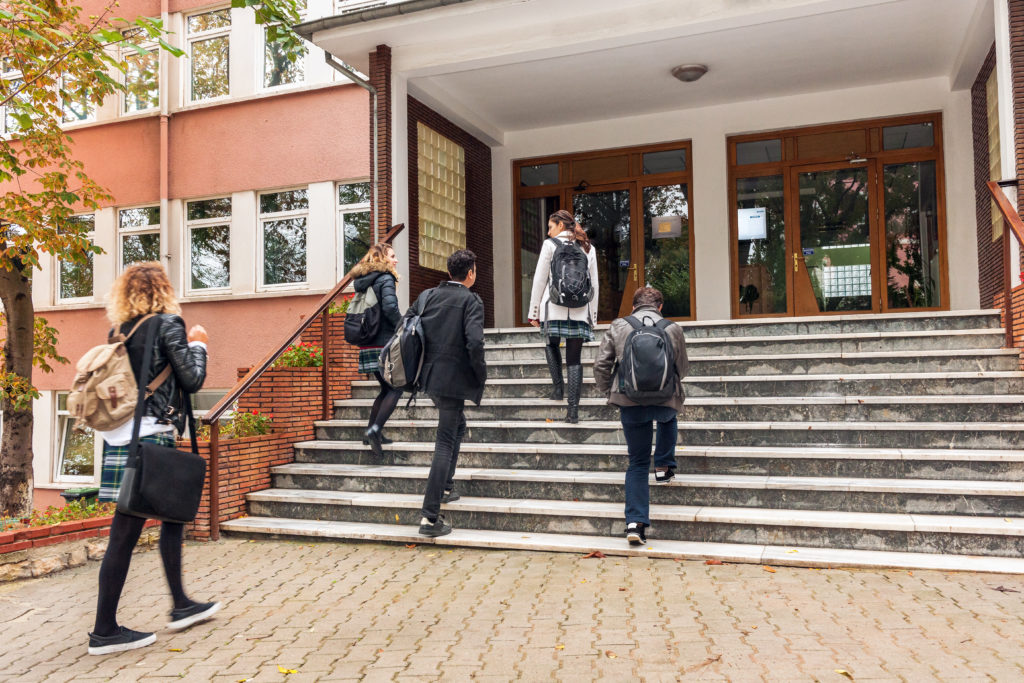Creative Financial Aid Strategies & Student Connections

August 24, 2018 – Here’s our weekly roundup of education news you may have missed. Fees, transportation costs, and micro-grants impact college students with financial need. K-12 researchers and higher education administrators explore the importance of relationships for student success.
Receive the Cooke Chronicle each week in your inbox: Subscribe here.
Elementary & Secondary Education:
- “One key to closing the achievement gap might be to close the relationship gap first,” states Dale Erquiaga in Education Week. Harvard Graduate School of Education’s Usable Knowledge details how principals can create connections and a positive school culture.
- Students from families with financial need often have difficulty accessing summer enrichment programs, writes former Secretary of Education John B. King Jr. in The Afro-American.
- Heavy caseloads prevent school counselors from successfully managing their various obligations, which Education Week notes can include college advising, socioemotional support, managing academic schedules, and administrative duties. The Commonwealth Institute for Fiscal Analysis connects these staffing issues to student safety and success.
Higher Education:
- Colleges and universities frequently rely on fees to cover basic provisions not included in tuition price, reports The Boston Globe. This can present difficulty for students as “some financial aid programs, such as tuition-specific scholarships, don’t cover these fees, forcing students to pay for them out-of-pocket or through loans.”
- The Hechinger Report describes how institutions can use micro-grants — emergency financial aid that is often only a few hundred dollars — to help ensure that students can afford to continue their progress and complete their degrees.
- Sara Goldrick-Rab, professor of higher education policy and sociology at Temple University, speaks to the Knowledge@Wharton podcast about a financial aid system that appears broken to the students it serves.
- “In order to have a rewarding college experience, students should build a constellation of mentors,” state Leo M. Lambert, Jason Husser, and Peter Felten in The Conversation.
Cooke Foundation Highlights:
- Cooke Scholar Michael Aguilar studies statistics at Washington University. Lynn Tincher-Ladner, president and CEO of Phi Theta Kappa Honor Society, explains how Michael and other exceptional students started their higher education at community colleges in Forbes.
- Lidwina Bell, a Cooke Scholar and Next Leader at the Institute for Policy Studies, outlines concerns about the school-to-prison pipeline in a piece for OtherWords.
- Diverse: Issues in Higher Education cites Cooke Foundation research in an article featuring Brookhaven College’s Student GoPass program, which aims to eliminate transportation costs for students.